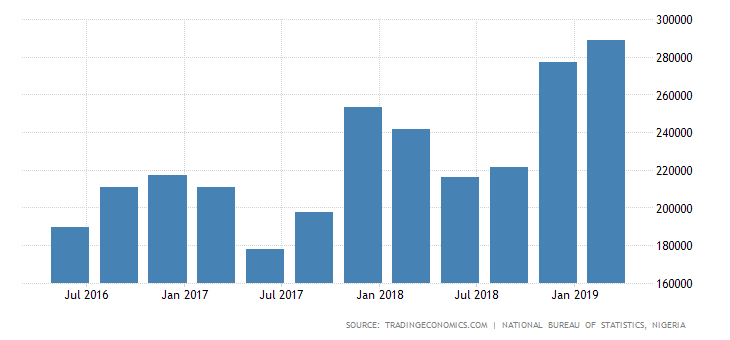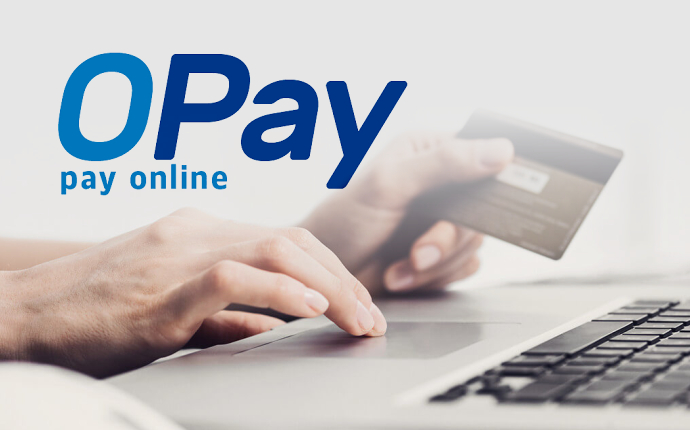Opay Partners With Mastercard To Enable Customers Transact Using Cards Linked To Opay Wallet
Mastercard and fintech giant OPay have today announced a strategic partnership, which marks a significant boost for wider financial inclusion and economic prosperity by opening up digital commerce to millions of people across Middle East and Africa.
“As the leading fintech in the Middle East and Africa, we are delighted to be partnering with Mastercard as we continue on our journey to promote financial inclusion, helping to open up the global economy to more consumers and businesses across Middle East and Africa,” Yahui Zhou, CEO of OPay, said.
Here’s How The Partnership Will Work
- The collaboration enables OPay consumers and merchants in the region, which includes Algeria, Morocco, Egypt, Nigeria, Ethiopia, Kenya, Pakistan, South Africa, and the United Arab Emirates, to interact with brands and businesses anywhere in the world, courtesy of a Mastercard virtual payment solution linked to the OPay eWallet.
- This is the most recent milestone in Mastercard’s emerging market strategy, in which the technology company collaborates with growing Fintechs such as OPay to expand access to digital payments, enable multiple lifestyle services, create new pathways to financial inclusion, and support the next generation of superapps. Consumers are increasingly seeking streamlined user experiences on a single platform that facilitates interactions for a variety of day-to-day tasks, such as sending and receiving money, ordering meals and groceries, arranging transportation, lending, investing, and putting products for sale.
- In the initial phase of this agreement, OPay consumers will be able to shop at well-known global companies for leisure, travel, lodging, entertainment streaming services, and more using the Mastercard virtual payment solution linked to their OPay wallets. The service is accessible regardless of the customer’s bank account status. It also enables small businesses to acquire from international vendors and pay via a secure virtual payment service.

“At Mastercard, our innovation strategy is rooted in partnerships to support inclusion at scale. Our partnership with OPay demonstrates our commitment to supporting payments providers across the world to create an interconnected global payments ecosystem that benefits an array of consumers with unique needs,” Amnah Ajmal, Executive Vice President for Market Development, Mastercard EEMEA, said.
Opay Continues To Grow
Since it began operations in 2018, OPay’s active user base has expanded to 15 million across dozens of markets. On average, the organization conducts millions of transactions per day. In Nigeria, where OPay holds a considerable market share, customers have saved billions of dollars over the past four years through credit-linked savings accounts linked to their mobile wallets and small loans from lenders that use its platform.
Read also : OPay Receives Provisional Approval From Central Bank Of Egypt To Issue Prepaid Cards
Plans are in place to offer OPay services in other markets within the next three to five years, thereby considerably accelerating the expansion of digital inclusion and digital commerce and expanding OPay user participation in the global economy.
Mastercard has declared a global commitment to financial inclusion, pledging to integrate 1 billion people and 50 million micro and small companies into the digital economy by 2025, with a focus on 25 million women entrepreneurs.
Charles Rapulu Udoh

Charles Rapulu Udoh is a Lagos-based lawyer, who has several years of experience working in Africa’s burgeoning tech startup industry. He has closed multi-million dollar deals bordering on venture capital, private equity, intellectual property (trademark, patent or design, etc.), mergers and acquisitions, in countries such as in the Delaware, New York, UK, Singapore, British Virgin Islands, South Africa, Nigeria etc. He’s also a corporate governance and cross-border data privacy and tax expert.
As an award-winning writer and researcher, he is passionate about telling the African startup story, and is one of the continent’s pioneers in this regard. You can book a session and speak with him using the link: https://insightsbyexperts.com/view_expert/charles-rapulu-udoh



















